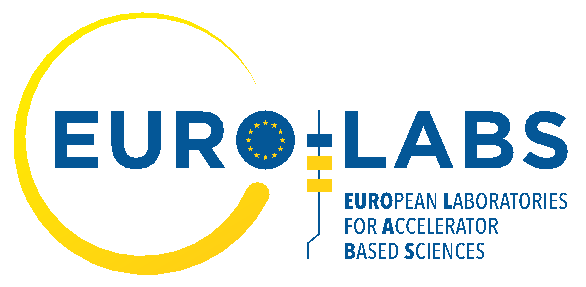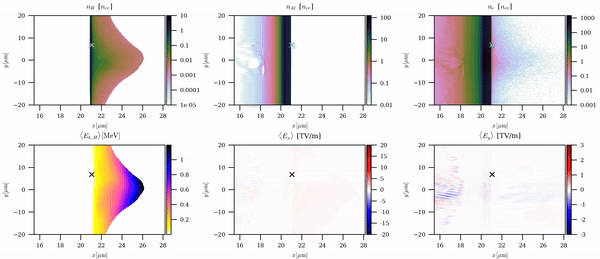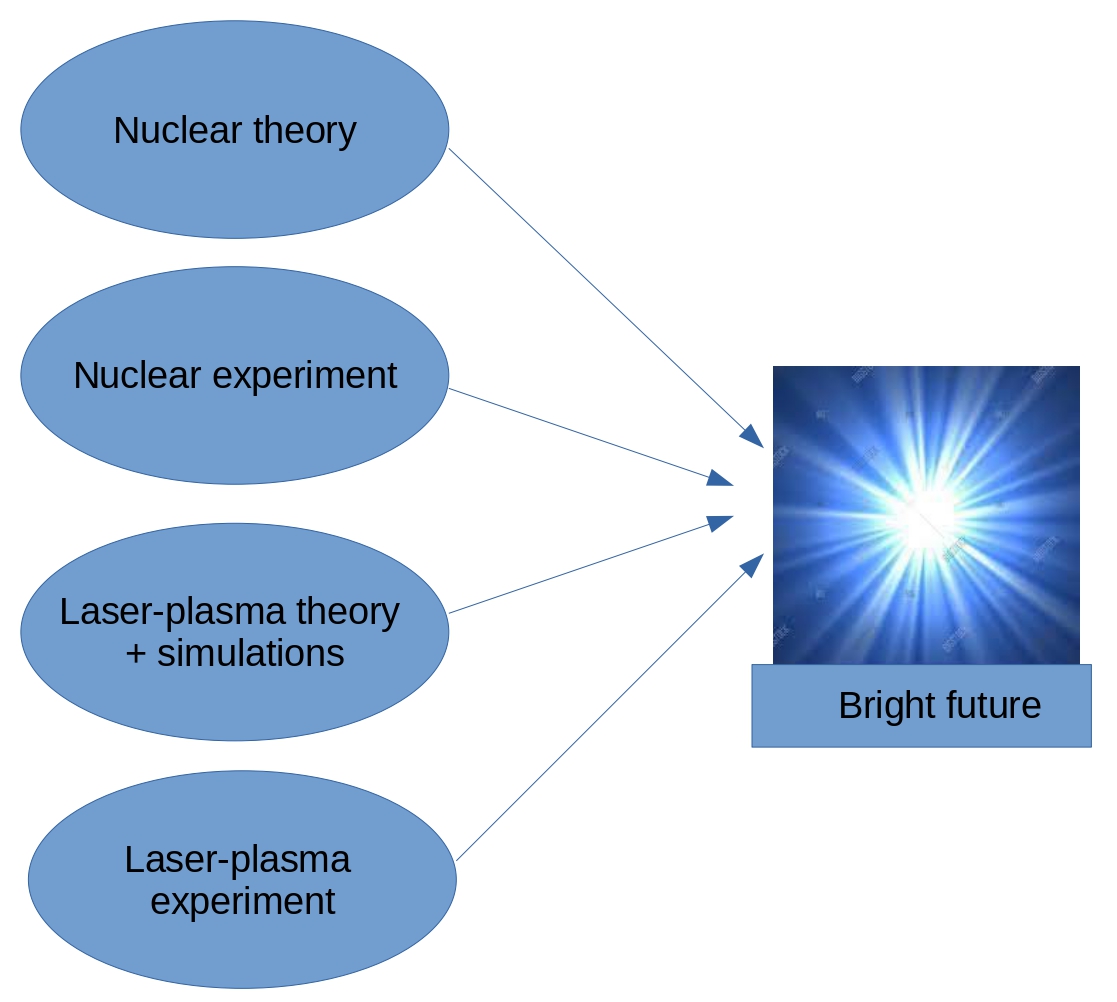Abstract submission is open now (please click "Call for Abstracts" on the left panel)
*********Important information for researchers from any USA institute (EUSTIPEN grant)*********:
It is possible for researchers from any USA institute to apply support (covering all costs including traveling; up to 2500 usd for students and postdocs, 1500 usd for permanent researchers). The 1 page, very simple application site is listed below. Please apply ASAP if you are interested (it'll help us a lot to estimate the total budget), although the application deadline is April 1st for attending our workshop:
https://fribtheoryalliance.org/content/eustipen.php .
=> At item 10, select: ECT* workshop. Please kindly let us (chieh.jen@eli-np.ro) know once your application is successful. Don't hesitate to contact us for further help.


**********************************************************************************************
**********************************************************************************************
Info for researchers in Japan:

This workshop is jointly sponsored by Japan Society for the Promotion of Science.
**********************************************************************************************
General information for participants



Laser-driven ion and electron accelerations open a unique opportunity to probe/trigger new phenomena in nuclear physics. The intensive beams produced by high power lasers can generate neutrons/gamma rays which can be orders of magnitude denser both in time and space than classical accelerators. Thus, rare physical events—which were far from reach before—can be studied for the first time. This workshop will bring together interdisciplinary researchers, including the broadly defined nuclear and laser-plasma communities, to share existing ideas and discuss key issues. Topics include (but are not limited to): laser-driven particle accelerations, laser-driven neutron/gamma-ray sources, multi-photon pumping of nuclear isomer states, neutron captures related to nucleosynthesis, gamma-ray lasers and strong QED effects. Progress in these topics will broaden our current theoretical understanding of nature and bring tremendous practical applications. We aim to promote free discussions and initiate collaborative groups across disciplines to explore and tackle this new regime.
Scope of the workshop
For a long time, theoretical and experimental studies in nuclear physics have been focused on single-event/process which occurs at traditional accelerators. However, lots of interesting physics are either rare events and/or to be explored under dense probing beams. New facilities with high-power lasers (e.g., the 10 PetaWatts laser in the Extreme Light Infrastructure Nuclear Physics (ELI-NP)---currently the most powerful in the world)- can generate such dense beams, and provide exciting opportunities to probe/trigger new phenomena, ranging from multi-photon absorption, strong QED effects in nuclear processes, neutron capture and more. Studies in these areas could lead to practical applications which revolutionize our utilization of nuclear power. On the theory side, investigating those extraordinary events challenges our deepest understanding of nature.
The main scope of this workshop is to join forces inter-discipline researchers to address those new opportunities and challenges.
Focused topics (but not limited to):
How to optimize the laser-driven beam and its conversion into neutron/gamma-ray to explore new challenges in nuclear physics
- Existing and new schemes/ideas against experimental limitations.
- Model-dependence and convergence in the PIC simulations.
- Smart conversions from proton to neutron, electrons to gamma, etc.
- Estimations of the desired beam properties, i.e., the trade-off between energy and intensity for various nuclear studies.
Opportunities in nuclear physics under dense sources
- Multi-photon absorption for nuclear isomer pumping/de-excitations.
- Possible new phenomena and strong QED effects.
- Feasibility of nuclear laser and laser-assisted fusion.
- Neutron capture related to nucleosynthesis.
Physics of interested (below are just some examples, any new idea is highly welcome):
With the Laser Plasma based beams, many interesting physics could occur. For example, two-photon-absorption---which has been observed at the atomic level---could happen in the nuclear case. Ultimately, bombarding heavy nuclei with intensive proton or neutron beam could trigger genuine events where two nucleons interact with the target nucleus within a time interval which can be considered simultaneously, and therefore create an interesting scenario involving a direct probe of three-body mechanism.
Several experiments with intensive beams will be completed before this workshop, and new phenomena observed will be discussed also.
Talk duration
Each talk will be 25+5 mins. We plan to have 10-12 talks per day.
(On-site participation is strongly encouraged, though the entire program will be available via zoom, with discussion enable via slack as well.)
Invited Speakers:
- Julien Fuchs, Ecole Polytechnique, France
- Ishay Pomerantz, Tel Aviv University, Israel
- Akifumi Yogo, Osaka University, Japan
- Yasuhiro Kuramitsu, Osaka University, Japan
- Ubirajara van Kolck, IJCLab, France, and University of Arizona, USA
- Harald Griesshammer, George Washington University, USA
- Carlos Bertulani, Texas A&M university-Commerce, USA
- Antonino Di Piazza, University of Rochester, USA
- Adriana Pálffy (via zoom), Max-Planck-Institut für Kernphysik, Germany
- Gabriel Martinez Pinedo, TU Darmstadt and GSI, Germany
- Edison Liang, Rice University, USA
- Yuanbin Wu, Max-Planck-Institut für Kernphysik, Germany, and Nankai
University, China - Bradley S Meyer, Clemson University, USA
- Jorge Vieira, IST, Portugal
- Karoly Osvay, University of Szeged and ELI-ALPS, Hungary
- Takehito Hayakawa, Kansai Photon Science institute, QST, Japan
- Peter Thirolf, Ludwig-Maximilians-University of Munich, Germany
- Philip Walker (via zoom), University of Surrey, UK
- Matej Lipoglavsek, Jožef Stefan Institute, Slovenia
- Paul McKenna (via zoom), University of Strathclyde, UK